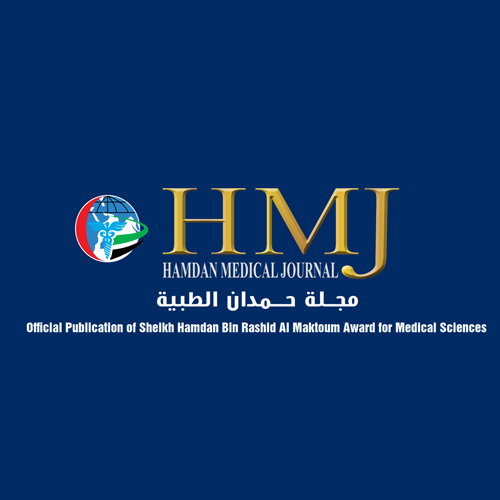

Dr. AbdelAziz Tlili and His Team
Hearing loss (HL) is one of the most common sensory defects. It affects one in every 1000 newborns. The presence or absence of clinical manifestations classifies HL as syndromic or non-syndromic, respectively. Non-syndromic hearing loss (NSHL) is a genetic disorder affecting many populations. Several genes are responsible for NSHL, and their contribution varies across ethnic groups.
Many studies found that ESPN and ESRRB are the responsible genes for the recessive DFNB36 and DFNB35 forms of deafness. These results were identified by analyzing families from Turkey and Pakistan, Morocco, Vietnam, Italy, and the Czech Republic.
The study aimed to identify the responsible mutations in two different UAE families with autosomal NSHL. In these families, whole and clinical exome sequencing identified several DNA variants. Segregation and bioinformatics analyses followed by Sanger sequencing revealed two new homozygous mutations responsible for deafness. These two novel mutations are ESPN c.2257T>C and ESRRB c.10583 C>A.
This study reports for the first time new mutations within ESPN and ESRRB genes responsible for NSHL in the Middle East region.